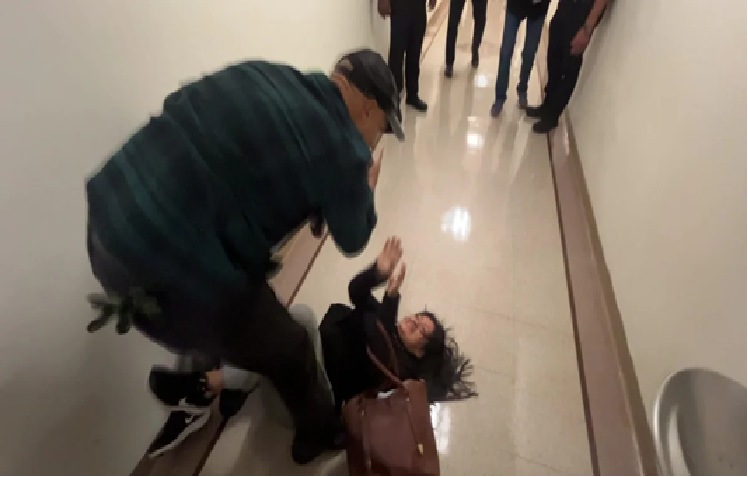In 2006, Rick Perry was elected governor even though 61% of voters voted against him. That year, there were four candidates for governor. The Democratic nominee was Chis Bell who got 30% of the vote. Also running were independents, Carol Strayhorn and Kinky Friedman, who together drew just over 30% of the vote. Perry was elected with just 39% of the vote because Texas, like most other states and jurisdictions, does not require a majority to be elected.

And if you think the 2006 gubernatorial election was an anomaly, think again. Nineteen Presidential elections have been won by candidates who a majority of Americans voted against!
So, how did a country that prides itself on being the most democratic country in the world end up relying primarily on a system that allows inherently undemocratic results? It appears to be mostly by inheritance. Plurality voting was the common practice in British parliamentary elections at the time we broke away and America simply followed the practice of its mother country.
In the early part of the 20th century, various jurisdictions began to adopt run-off elections to ensure that the winning candidate would have the support of a majority of voters. They are used most extensively in local elections and more so in primaries than general elections. But there are only two states, Georgia and Louisiana, which currently require run-offs for their federal and state elections.
But run-off elections are expensive and inconvenient. Turnout is almost always lower than the general election and sometimes is abysmally low. In some City of Houston council run-offs, turnout has been under 10%.
An alternative to run-offs that still avoids electing candidates with less than a majority is ranked choice voting (RCV), also sometimes called “instant run-off voting.” In an RCV system, voters rank their preferences for each candidate. For example, in the 2006 Texas gubernatorial election, voters would have ranked the candidates one through four. Since Friedman came in last, his 12% of the vote would then be reallocated to the remaining three candidates. If that would not have produced a majority for any candidate, then Strayhorn’s vote would have been reallocated, which would have resulted in either Perry or Bell receiving a majority.
The advantages of RCV in avoiding the inconvenience and expense of run-off elections (not to mention eliminating political ads and mailers over the holidays!!) are obvious. So, if you care about our elections actually being democratic, RCV seems like a no-brainer.
But, of course, the incumbent parties and office holders are wary of any change that might affect their positions. I don’t think it is clear which of the two sides of the current partisan divide RCV would favor and frankly, I don’t care. To me, anyone that is fearful of having to get a majority of voters to support them should not be in office.
RCV is gaining in popularity. It has been in use in a dozen or so major cities for sometime. Maine and Alaska have recently adopted it. It is also used in some primary elections and was just adopted by the New York City Democratic Party for its municipal primary elections, which effectively decides NYC election outcomes. Each year, RCV is also being used by more countries around the world.
There are currently three bills pending in the Texas Legislature that would authorize limited use of RCV. One would allow local government to opt to use RCV. Another would allow political parties to use RCV in their primaries. The third would use RCV for military personnel serving overseas. This is a link to a summary of these bills by Ranked Choice Voting for Texas, a group advocating for RCV.
I think these bills would be a good way for Texans to become familiar with RCV. Polling in jurisdictions which have adopted RCV shows that it normally becomes quite popular. And the bills do not require either local jurisdictions or parties to use RCV. What harm can come from allowing them the option?
There is a lot of discussion today about election integrity. It seems to me, the most integrous reform we could adopt is to make sure candidates must win the support of a majority of voters to be elected. That is after all, the essence of democracy.





